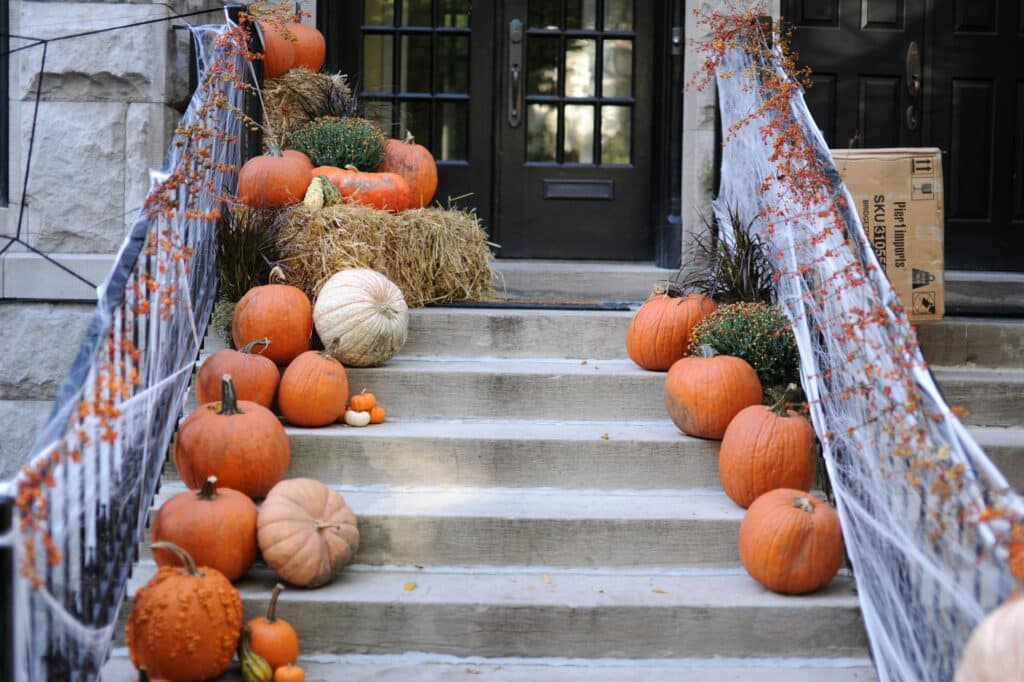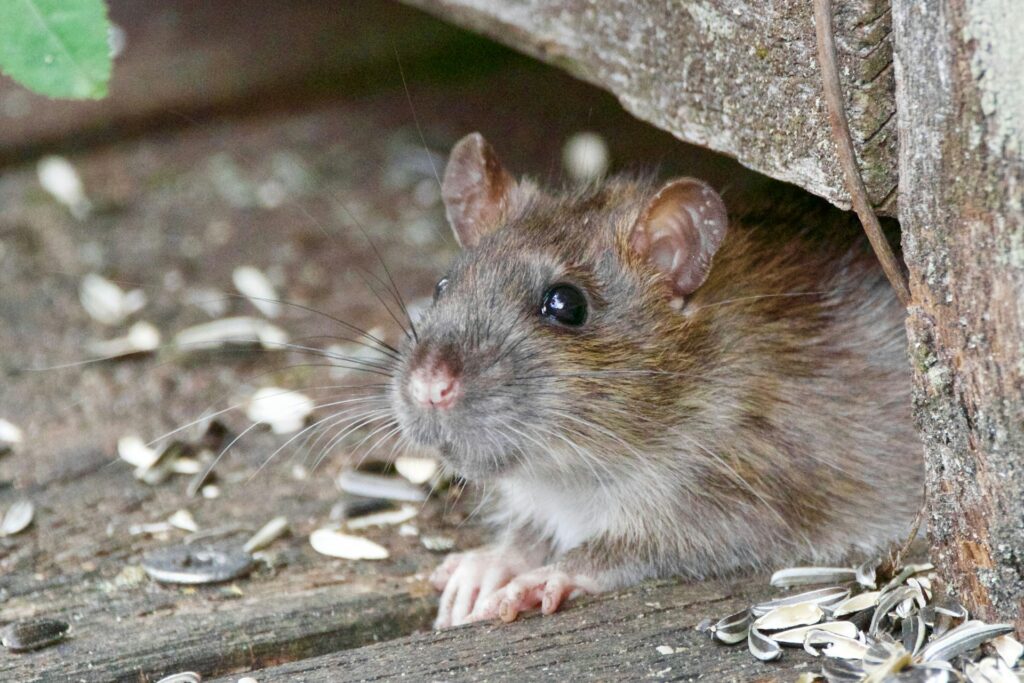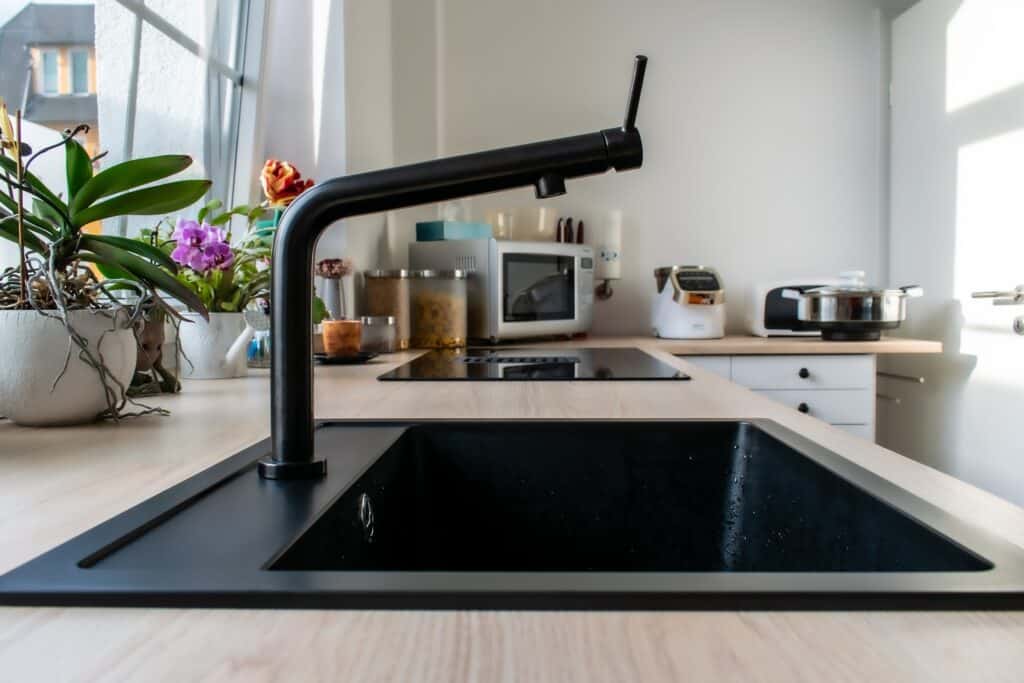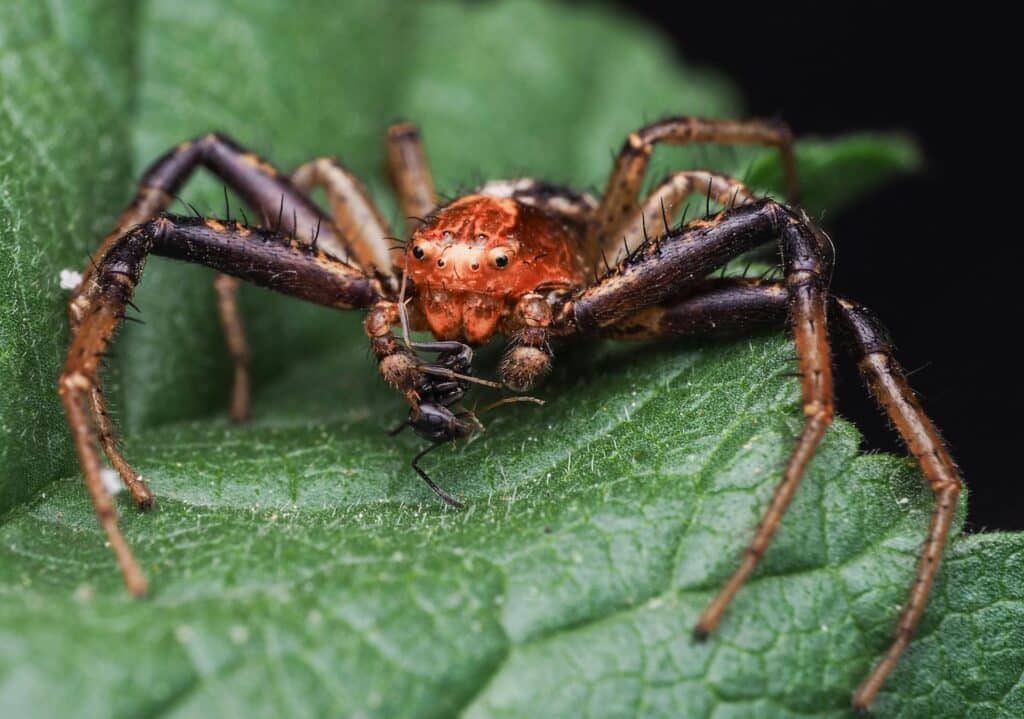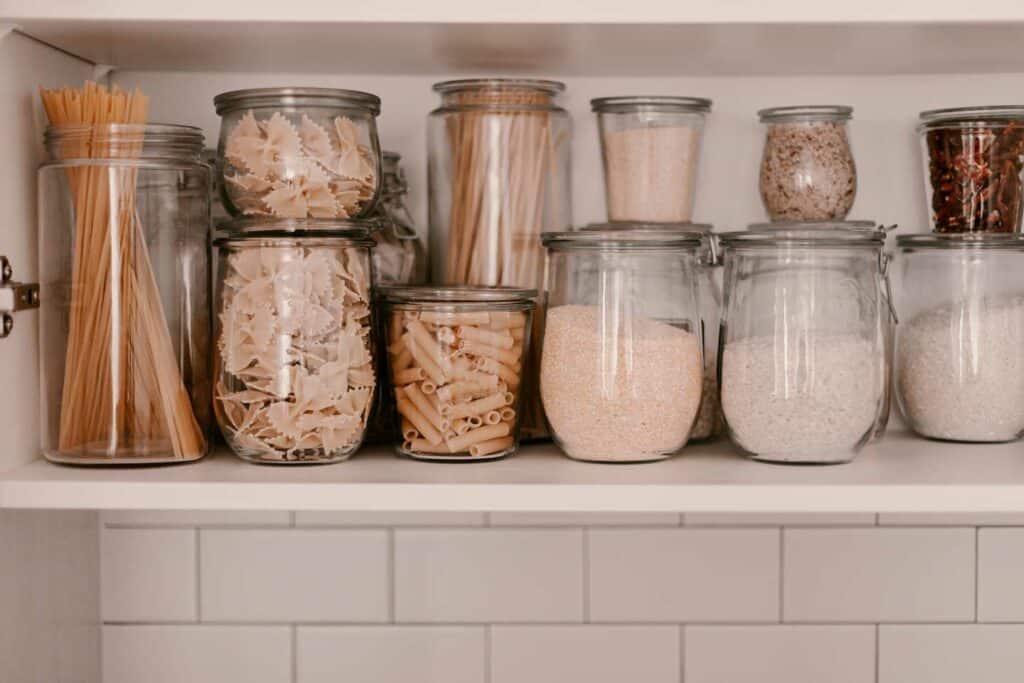Flies have a relatively short lifespan, typically living for only a few weeks to a few months, depending on the species. Their lifespan is influenced by various factors, including temperature, humidity, and availability of food and water. Flies lay their eggs in decaying organic matter, such as garbage or animal feces, and the larvae feed on this matter until they pupate and emerge as adult flies.
Preventing Flies in the Home
To prevent flies from breeding and multiplying in the home, it is essential to identify and eliminate potential breeding sites. Regular cleaning and sanitation of food prep areas and garbage cans can help prevent flies from congregating in the home. Installing screens on windows and doors can also prevent flies from entering the home. Sticky fly traps or electronic fly zappers can capture and kill adult flies.
Treating Difficult Fly Species
Some species of flies, such as fruit flies and drain flies, can be difficult to control once they have established themselves in the home. In these cases, it may be necessary to consult with a pest control professional to identify and treat the source of the infestation. Some species of flies can carry diseases and pose a health risk, particularly in areas where food is prepared or consumed. Therefore, it is important to take measures to prevent flies from entering and breeding in the home.

Importance of Regular Cleaning to Prevent Flies
Regular cleaning and sanitation, particularly in areas where food is prepared or consumed, can help prevent flies from becoming a problem in the home. It is important to dispose of garbage properly and ensure that food is stored in airtight containers. Keeping kitchen surfaces clean and free of spills can also help prevent flies from congregating in the home.
Why Do Flies Die in the House?
While some may be puzzled about why flies die in our homes, the answer lies in their natural life cycle and the less than ideal indoor environment for these creatures. Flies typically enter houses seeking food or shelter but often find the conditions inside unsuitable for their survival. Factors such as lack of food sources, low humidity, and artificial lighting can disrupt their normal behaviors and life cycle, leading to their untimely death.
Quick Action for Effective Control
If you notice a fly infestation in the home, it is important to take action quickly to prevent the problem from getting worse. With the right strategies and tools, it is possible to effectively control and treat flies in the home. Prevention is the best strategy for dealing with flies, but if an infestation occurs, a combination of sanitation, fly traps, and consulting with a pest control professional can help eliminate the problem.
